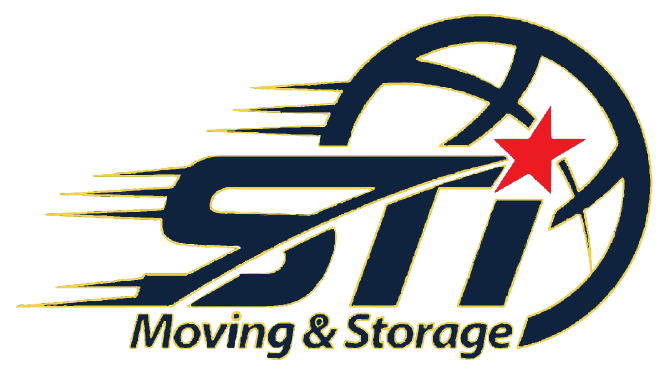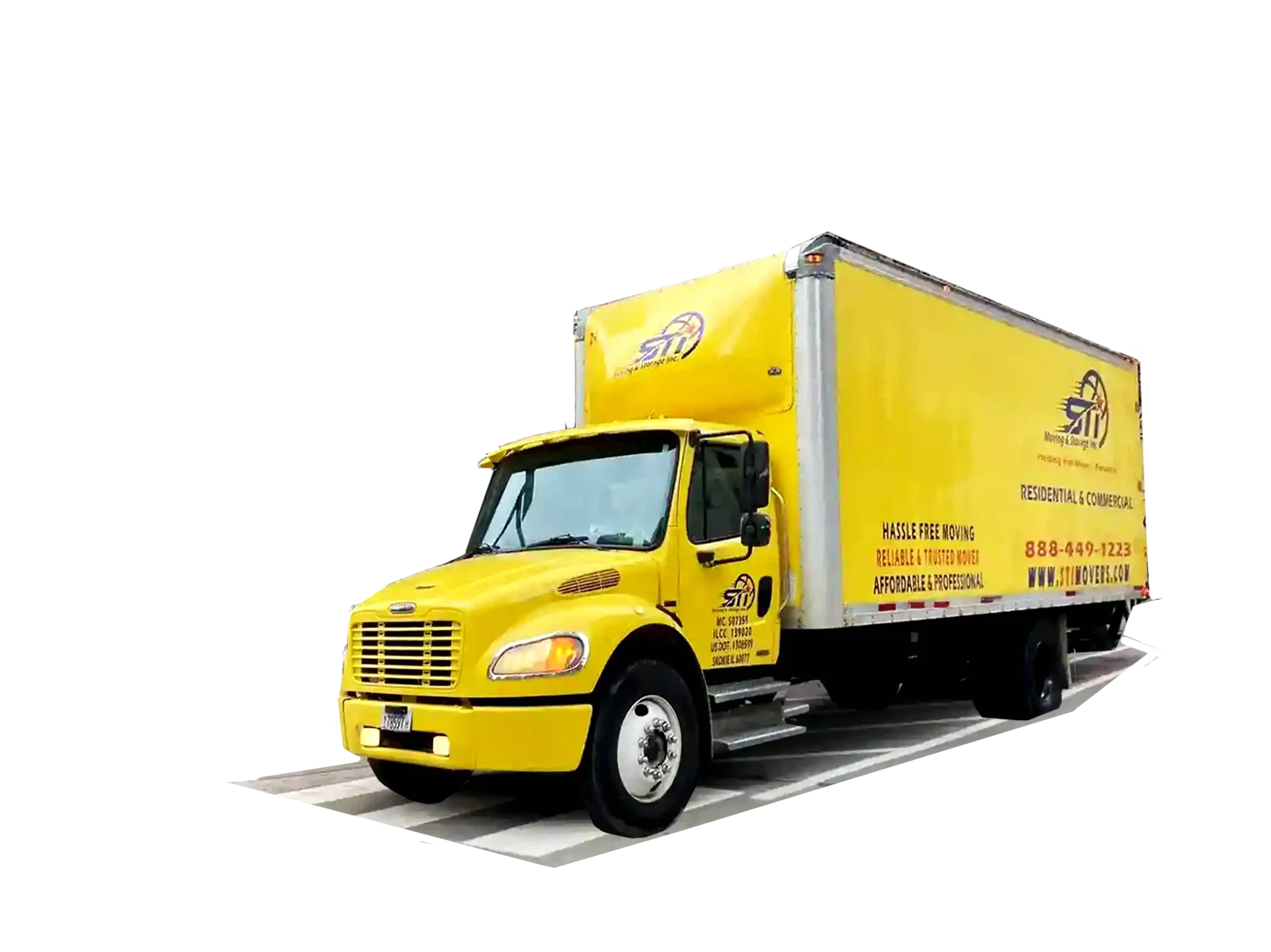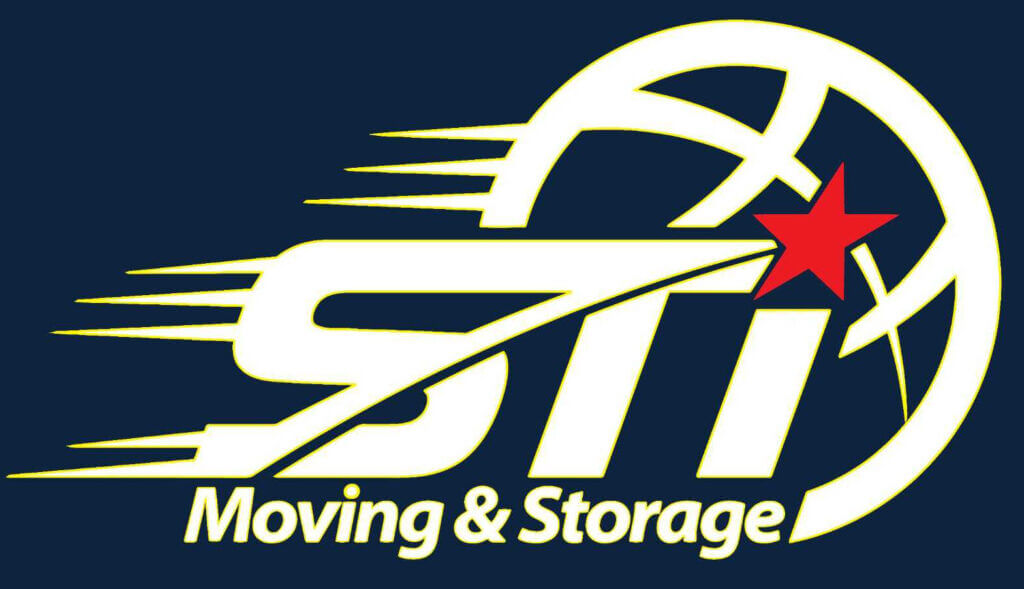Office moves are complex and challenging, with many logistical hurdles and potential disruptions. Coordinating everything while minimizing downtime is crucial. The key to a successful office relocation is selecting the best moving company a decision that can determine the efficiency and ease of the entire move. Choosing a skilled and reliable mover is crucial for safeguarding your office’s assets and ensuring a smooth transition to your new space.
Key Questions to Ask
Here is the list of the 8 most essential questions you need to keep in mind while you are interviewing an office mover for your business relocation.
1. Experience and Qualifications
· Do you have experience with office moves?
It’s essential to hire a professional office mover with specific experience in office relocations, as they differ significantly from residential moves. Ask for details about their experience and the scale of moves they have handled in the past.
· Can you provide references from past clients (specifically for office moves)?
Requesting references allows you to verify the mover’s reliability and quality of service. Feedback from past clients who had similar needs can provide insights into their satisfaction and the mover’s handling of office-specific challenges.
2. Licensing and Insurance
· Are you licensed and insured?
A legitimate office moving company must have the necessary licenses and insurance to operate. This protects your company from liability in case of accidents or damage during the move.
· What type of liability coverage do you offer?
Understanding the extent of their insurance coverage is crucial. Ensure it covers all potential damages to your office equipment and premises during the move.
3. Services Offered
· What services are included in your base price?
Clarify what the quoted price covers. Typical services include packing, loading, transportation, and unloading. Confirm there are no hidden costs.
· Do you offer additional services?
Inquire about supplementary services like furniture disassembly/assembly, specialty item handling, and IT equipment moving. These services can significantly streamline the moving process.
4. Cost and Estimates
· How do you determine your moving costs?
Ask how they calculate their fees is it by weight, volume, or time? Understanding their pricing model will help you budget more accurately.
· Are there any hidden fees I should be aware of?
It’s important to discuss potential additional charges upfront. Ask about costs related to distance, stairs, or any special handling.
5. Logistics and Planning
· Can you provide a detailed moving plan?
A well-thought-out moving plan is vital for minimizing downtime. It should detail how they manage the logistics from start to finish.
· How will you ensure minimal disruption to our office operations?
Their strategy should include conducting the move with minimal impact on your day-to-day operations, possibly by working during off-hours or weekends.
6. Communication and Availability
· How will you communicate with me throughout the moving process?
Effective communication is key. Ensure they have a system in place to keep you updated throughout the move.
· Who will be my point of contact on moving day?
Knowing who to contact on the moving day helps manage the process smoothly and addresses any immediate concerns.
7. Cancellation Policy
· What is your cancellation policy in case of unforeseen circumstances?
Understand the terms in case you need to reschedule or cancel the move, ensuring flexibility without significant penalties.
8. Additional Considerations
· Do you have a process for handling fragile or valuable items?
Ensure they have specific protocols for securely moving sensitive equipment, like servers or delicate electronics.
· Is your mover’s background checked and insured?
Confirm that all personnel involved in the move are vetted and insured, providing an extra layer of security and peace of mind.
Selecting The Right Company
When searching for a reliable moving company, it’s crucial to consider not only their experience and services but also their ability to handle specific office relocation needs. A company with a proven track record in managing office moves can offer a seamless transition with minimal disruption. To ensure a stress-free relocation, it’s worth exploring specialized services that cater to the unique demands of business environments.
Conclusion
Asking these essential questions will help you assess the competence and reliability of a moving company, ensuring that your office relocation is as smooth and efficient as possible. By carefully selecting a professional mover equipped to handle the unique challenges of an office move, you can minimize potential disruptions and set the stage for a successful transition to your new office space.




